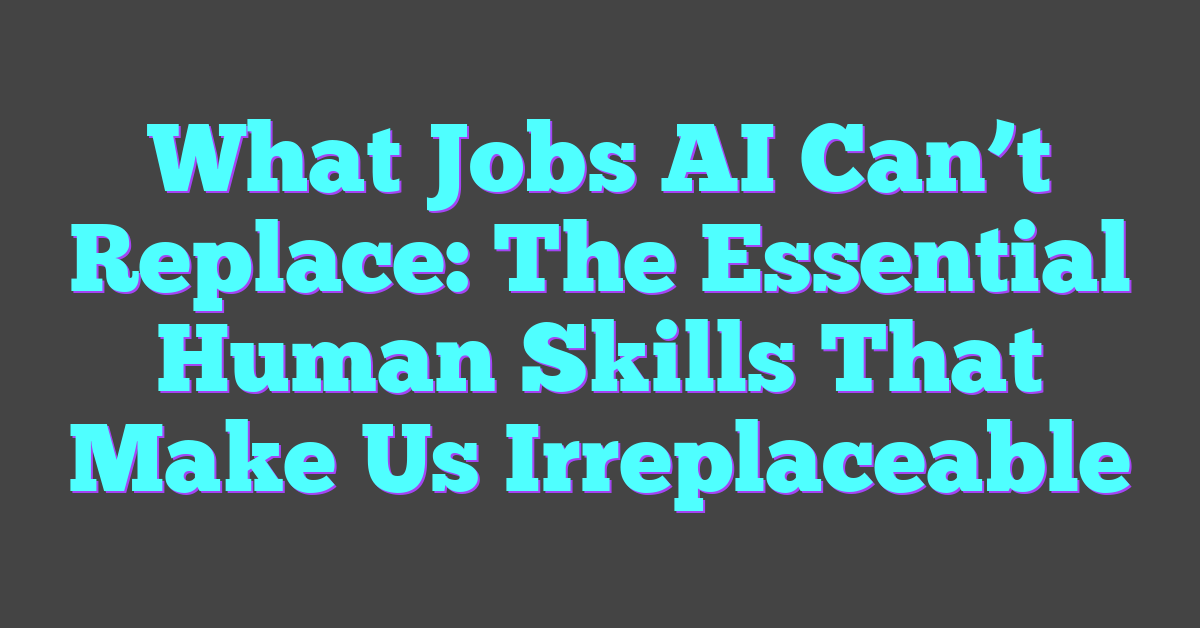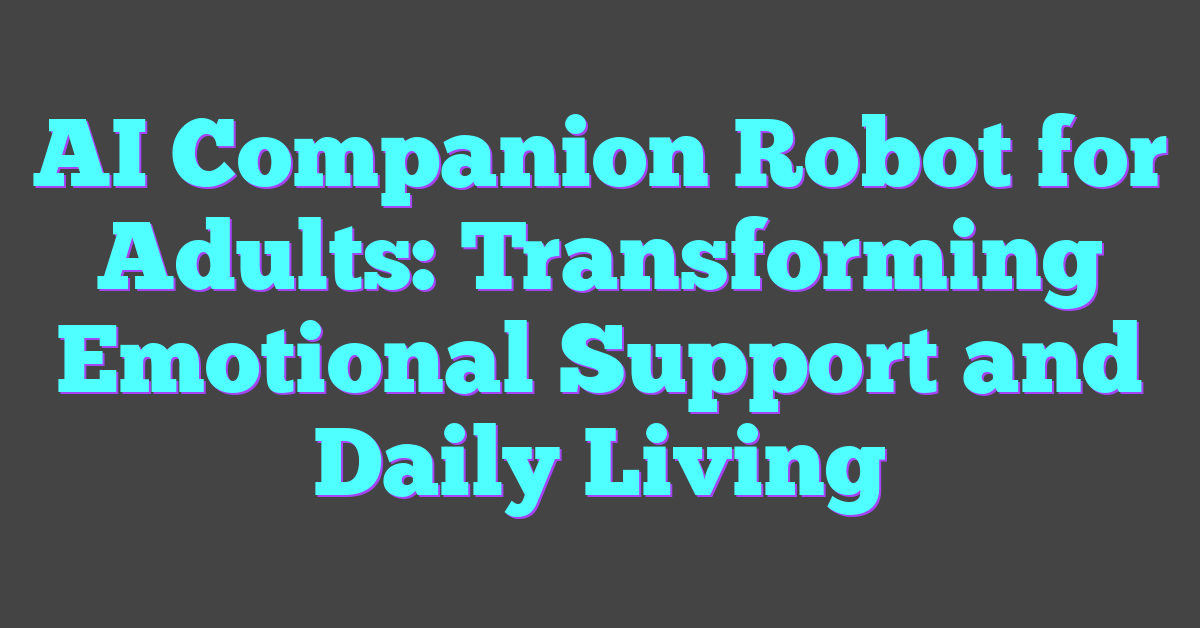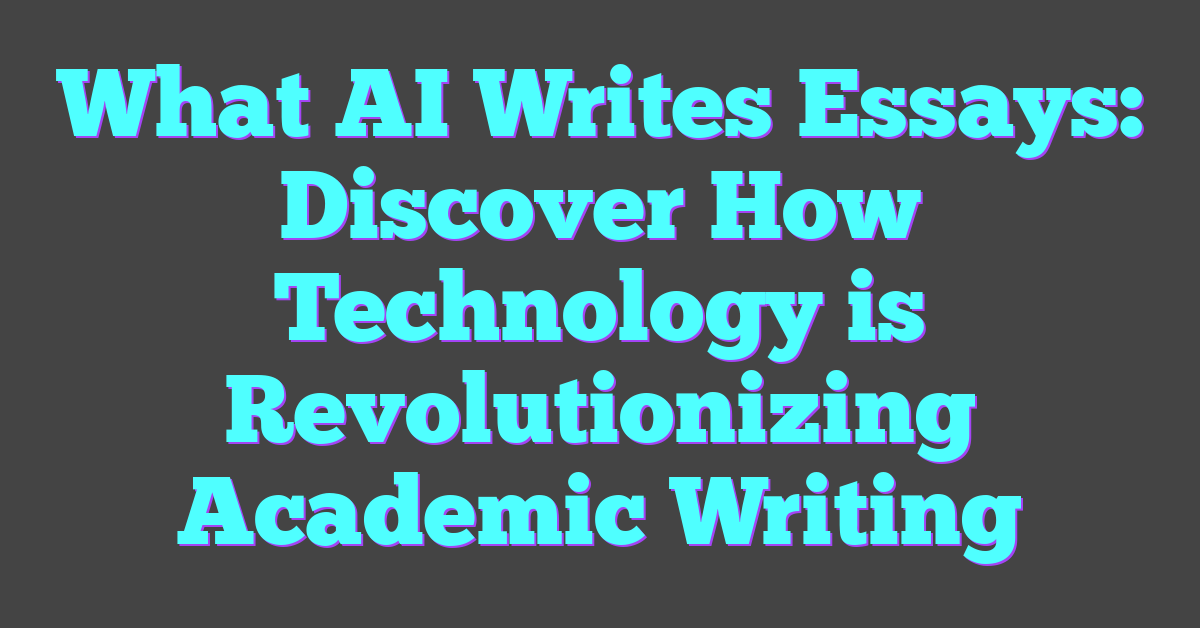In a world where artificial intelligence is transforming industries at a rapid pace, it’s natural to wonder which jobs are safe from automation. While AI excels at handling repetitive tasks and data analysis, there are certain roles it simply can’t replicate. These jobs often require a human touch, creativity, and emotional intelligence—qualities that machines lack.
Think about the empathy of a therapist, the creativity of an artist, or the nuanced decision-making of a judge. These professions rely on complex human interactions and deep understanding, making them irreplaceable by AI. So, let’s explore some of the careers where humans still reign supreme and discover why AI won’t be taking over anytime soon.
Understanding AI’s Role in the Workforce
AI’s integration into the workforce has transformed various industries, emphasizing the need to understand its current capabilities and limitations.

The Reach of AI Technologies
AI technologies have extended their reach into multiple sectors, significantly enhancing efficiency and productivity. In manufacturing, AI-driven robots automate assembly lines, improving precision. Examples include the automotive industry where robots handle welding and painting tasks. In healthcare, AI algorithms assist in diagnosing diseases and predicting patient outcomes. IBM’s Watson, for instance, analyzes medical data to identify potential treatments. Retail also benefits as AI personalizes customer experiences through recommendation systems. E-commerce platforms like Amazon use AI to recommend products based on user behavior.
Human vs. AI Capabilities
Human capabilities often surpass AI in areas requiring empathy, creativity, and complex judgment. Therapists provide emotional support and nuanced understanding that AI lacks. Artists create unique works driven by personal experiences and imagination, aspects difficult for AI to replicate. Judges weigh intricate human factors and contextual subtleties to make fair decisions. While AI excels at data processing and pattern recognition, these roles exemplify the irreplaceable value of human interaction and insight. AI’s proficiency lies in repetitive, data-intensive tasks, whereas humans excel in roles demanding emotional intelligence and creativity.
Jobs Safe From AI Automation
Despite AI’s rapid advancements, certain professions remain safe from automation. These jobs leverage skills and qualities uniquely human, making them irreplaceable.
Creative Professions
Roles in creative fields require imagination, intuition, and original thought. For instance, artists, musicians, and writers produce work that reflects human experiences and emotions. AI may assist with technical aspects, but it lacks the ability to produce genuinely novel ideas and nuanced expressions. According to the World Economic Forum, creativity is one of the top three skills needed in the job market.
Human-Centric Roles
Human-centric roles demand empathy, ethical judgment, and interpersonal skills. Healthcare workers like therapists and nurses provide emotional support and personalized care that AI cannot replicate. Educators offer mentorship and adapt teaching methods based on individual needs. Judges and legal professionals apply nuanced ethical considerations and complex judgments that depend on various human factors. These qualities underscore the indispensable role of humans in jobs that revolve around understanding and interacting with people.
Why Some Jobs Cannot Be Automated
Certain jobs resist automation due to their intrinsic reliance on human abilities that AI struggles to replicate. This resistance centers around key factors like emotional intelligence and handling complexity in context-specific tasks.
Emotional Intelligence Factors
Human jobs often require high emotional intelligence. Roles such as therapists, social workers, and teachers depend on understanding and managing human emotions. For instance, therapists engage in nuanced conversations to navigate emotional landscapes, requiring empathy, active listening, and judgment. These roles necessitate real-time emotional engagement, which AI lacks the ability to fully replicate or comprehend.
Complexity and Context-Specific Tasks
Many jobs also involve handling complex, context-specific tasks. Legal professionals, for instance, must interpret laws, precedents, and ethical considerations unique to each case. Similarly, creative professionals like writers and artists develop original content that reflects intricate human experiences and emotions. AI can generate content, yet it often misses the depth and contextual nuance that humans provide. Additionally, roles in healthcare, such as doctors and nurses, require interpreting symptoms considering both medical knowledge and patient history, demanding a level of adaptability and personal touch that AI cannot match.
Industry-Specific Analysis
AI has dramatically transformed various industries. However, certain jobs remain resistant to automation due to their inherent need for human traits. This section explores specific industries where human skills continue to be irreplaceable.
Healthcare and Social Work
Healthcare professionals, including doctors and nurses, rely on compassionate patient interactions. AI can assist in diagnostics and administrative tasks, but it can’t replicate the empathy required for comfort and emotional support. Social workers also engage deeply with individuals, understanding their unique contexts and providing tailored advice. Tasks in healthcare and social work need real-time emotional intelligence and contextual sensitivity, areas where AI falls short.
Arts and Entertainment
Artists and entertainers create content driven by human creativity and emotional expression. Musicians, actors, and writers generate works reflecting personal experiences and emotions. AI can assist by generating music or suggest ideas, but original, emotionally resonant art requires a human touch. Moreover, performing artists build connections with audiences, something AI doesn’t achieve. This industry thrives on creativity, originality, and emotional depth, qualities inherently human and irreplaceable by machines.
Preparing for a Future with AI
Artificial intelligence continues to transform industries, making skills development and reimagining work structures crucial. Focusing on these aspects prepares individuals for a future where AI complements human abilities.
Skills Development
Investing in soft skills ensures job security in an AI-driven world. Empathy, creativity, and critical thinking remain irreplaceable. Employees should prioritize these skills:
- Emotional Intelligence: Roles like therapists, social workers, and healthcare providers heavily depend on empathy, making this skill vital.
- Creativity: Artists, writers, and designers thrive on original ideas and emotional expression that AI can’t replicate.
- Complex Problem-Solving: Critical thinking abilities are essential for roles involving nuanced decision-making, such as in the judiciary.
Pursuing continuous learning in areas where AI lacks proficiency gives a competitive edge. Courses on emotional intelligence, creative thinking, and advanced problem-solving enhance skill sets resistant to automation.
Reimagining Work Structures
Adapting work structures to integrate AI effectively is essential. Organizations should consider the following strategies:
- Collaborative Environment: Promoting AI-human collaboration optimizes strengths from both. Implementing AI for repetitive tasks frees humans for strategic initiatives.
- Flexible Roles: Designing job roles that evolve with technological advancements ensures workforce adaptability. Jobs should blend technical and human-centric tasks.
- Continuous Training: Providing ongoing training programs keeps employees updated on AI tools and methodologies. This prevents skill obsolescence and encourages growth in hybrid roles.
Redefining work environments paves the way for innovation, leveraging AI to augment human potential. Organizations benefit from harnessing AI’s efficiency while preserving the irreplaceable human touch.
Conclusion
While AI continues to transform many industries it’s clear that certain jobs remain firmly in the realm of human expertise. Roles that require empathy creativity and nuanced judgment are areas where AI still can’t compete. By focusing on developing soft skills and fostering AI-human collaboration individuals and organizations can navigate the evolving landscape. Embracing continuous learning and adapting work structures will help ensure that the unique human touch remains an invaluable asset in the workforce.
Frequently Asked Questions
How does AI impact various industries?
AI impacts various industries by automating repetitive tasks and enhancing efficiency. However, it struggles with roles requiring emotional intelligence and complex judgment, which are crucial in professions like therapy, artistry, and judiciary.
Why is human skill still important despite AI advancements?
Human skills remain important because certain professions, such as therapy, artistry, and social work, require empathy, creativity, and complex decision-making, which AI cannot fully replicate or excel at.
How is AI used in healthcare?
In healthcare, AI is used to aid in diagnostics and data analysis, but it lacks the empathy and interpersonal skills required for patient interactions and care.
Can AI replace social workers?
No, AI cannot replace social workers because the job requires deep emotional intelligence and contextual understanding, which are beyond the current capabilities of AI.
Why can’t AI fully replicate artists and entertainers?
AI can’t fully replicate artists and entertainers because creativity and emotional expression are inherently human traits. AI struggles to generate original, emotionally resonant content and build meaningful connections with audiences.
How should professionals prepare for a future with AI?
Professionals should develop soft skills like empathy, creativity, and critical thinking. Continuous learning in these areas ensures job security and complements AI’s capabilities.
What can organizations do to adapt to AI integration?
Organizations should promote AI-human collaboration by designing flexible roles, providing continuous training, and reimagining work structures to leverage AI’s efficiency while preserving the human touch.




